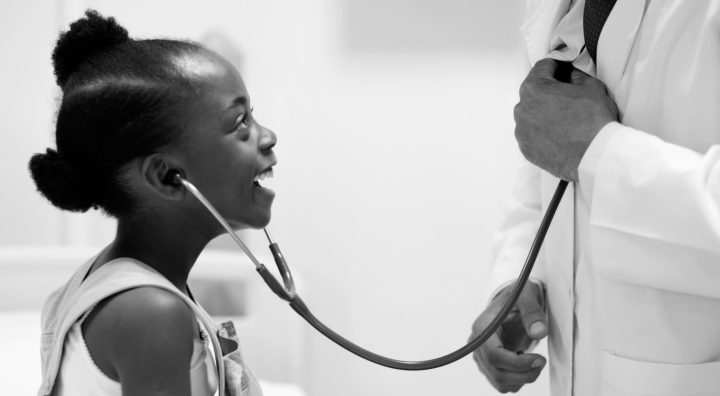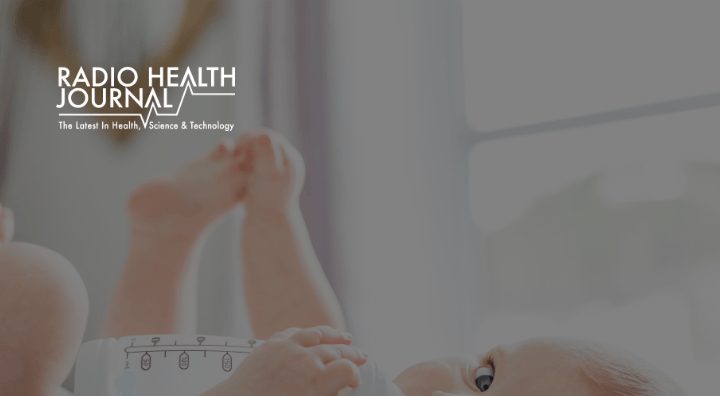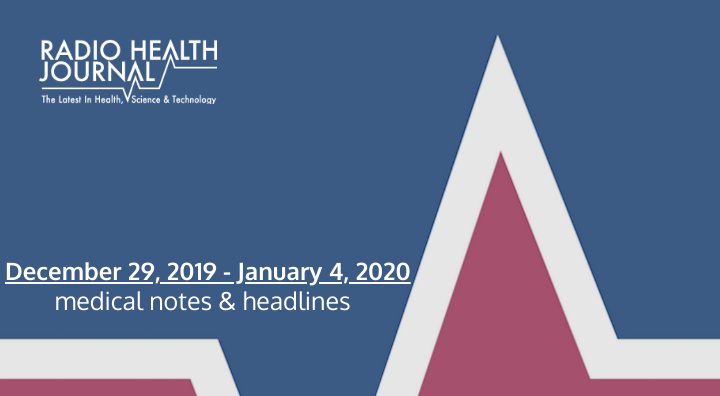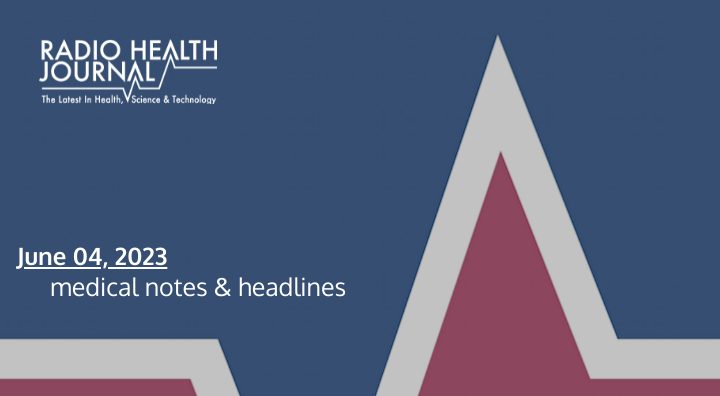How AI is helping catch breast cancer
Scientists have created an algorithm that can identify normal mammograms from high-risk ones. Their study, published in Radiology: Artificial Intelligence, uses a simulation to show that this program can relieve patients and physicians of unnecessary additional testing. It can ID false positives while still catching the same number of cancer cases as in a normal situation. (Washington University in St. Louis)
Will artificial ovaries soon be a reality?
Researchers have created a cellular map of the human ovary, which is published in Science Advances. This new atlas gives doctors a complete understanding of the organ, which will help in their efforts to produce artificial ovaries. Women whose reproductive organs have been damaged may be able to still have their own children without needing a surrogate or using artificial insemination. (University of Michigan)
‘Baby talk’ might make your kid smarter down the road
Many parents talk to their babies in high-pitched voices known as ‘parentese’ and a new study in Current Biology shows why it’s more than just a funny habit. Babies show more brain activity when the parent is talking to, playing with, and smiling at them. Scientists discovered a link between this early engagement and enhanced language development later in life. (University of Washington)
You should walk more for your sleep health
New research published in Nature: Scientific Reports has found that physical activity increases the time it takes to enter the REM sleep stage. Basically, exercising more will help you sleep better. In fact, the increased movement is linked to deeper and more restorative sleep that’s followed by less stress and higher energy the next morning. (University of Texas at Austin)











Leave a Reply